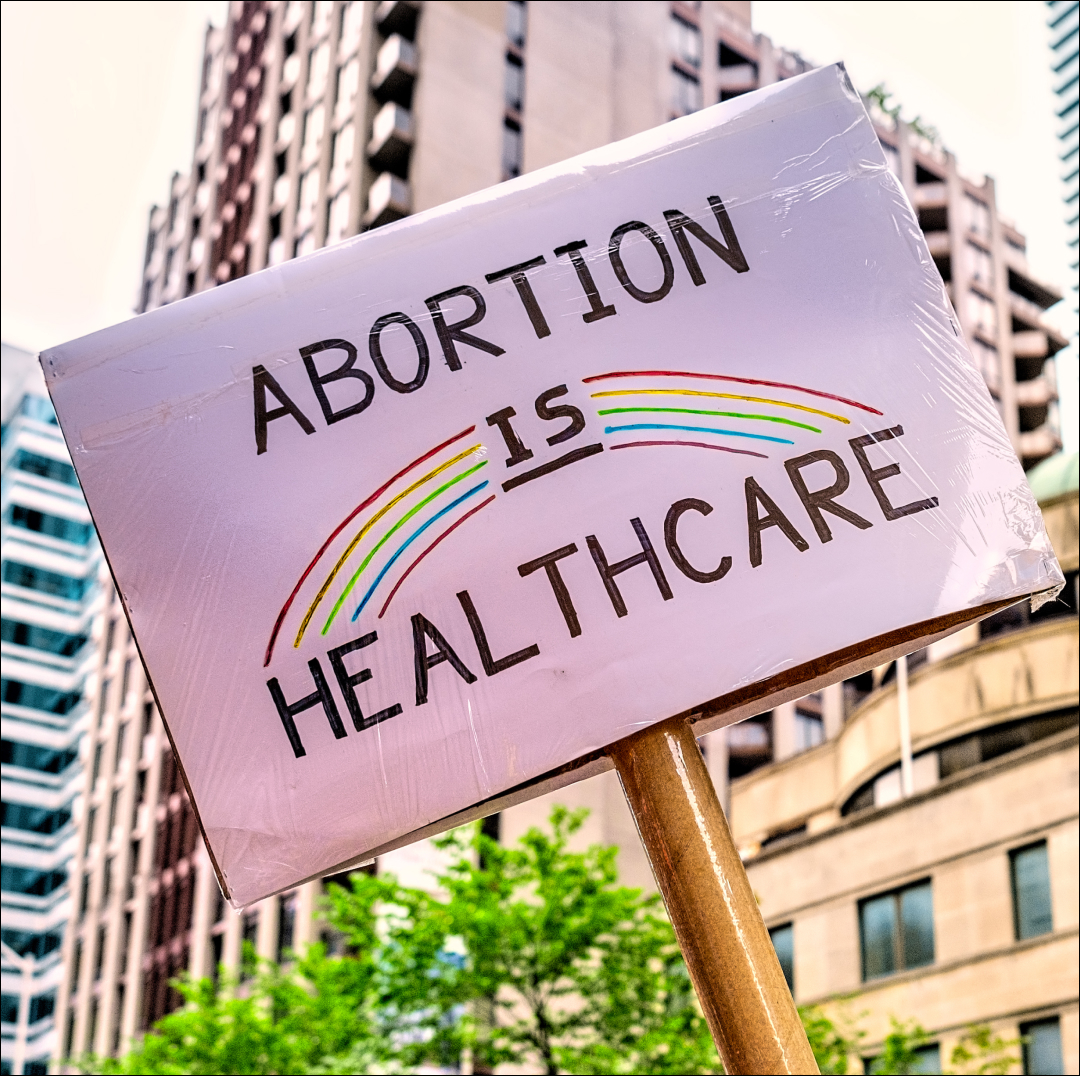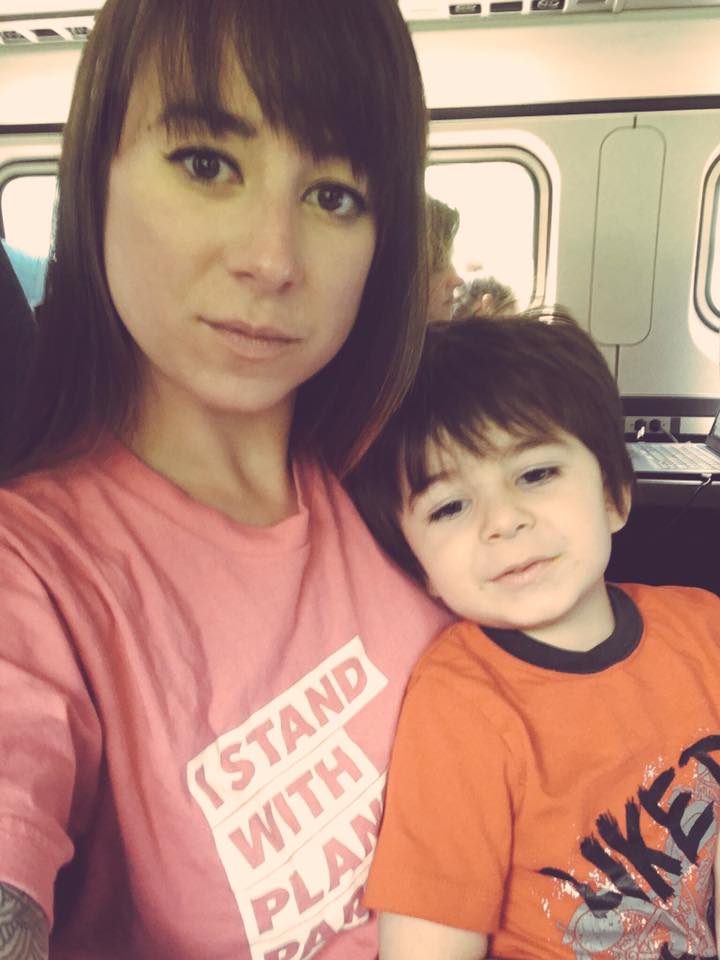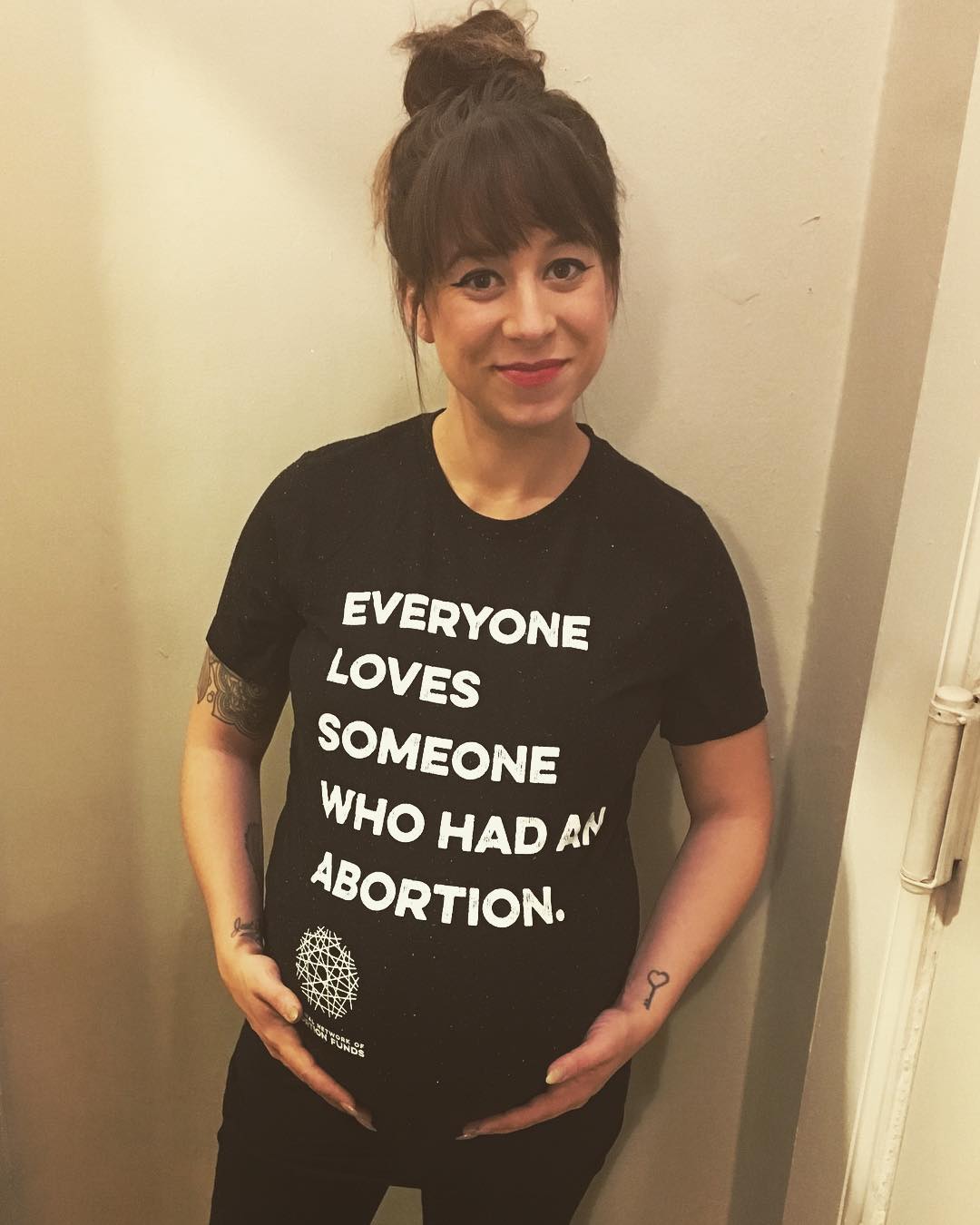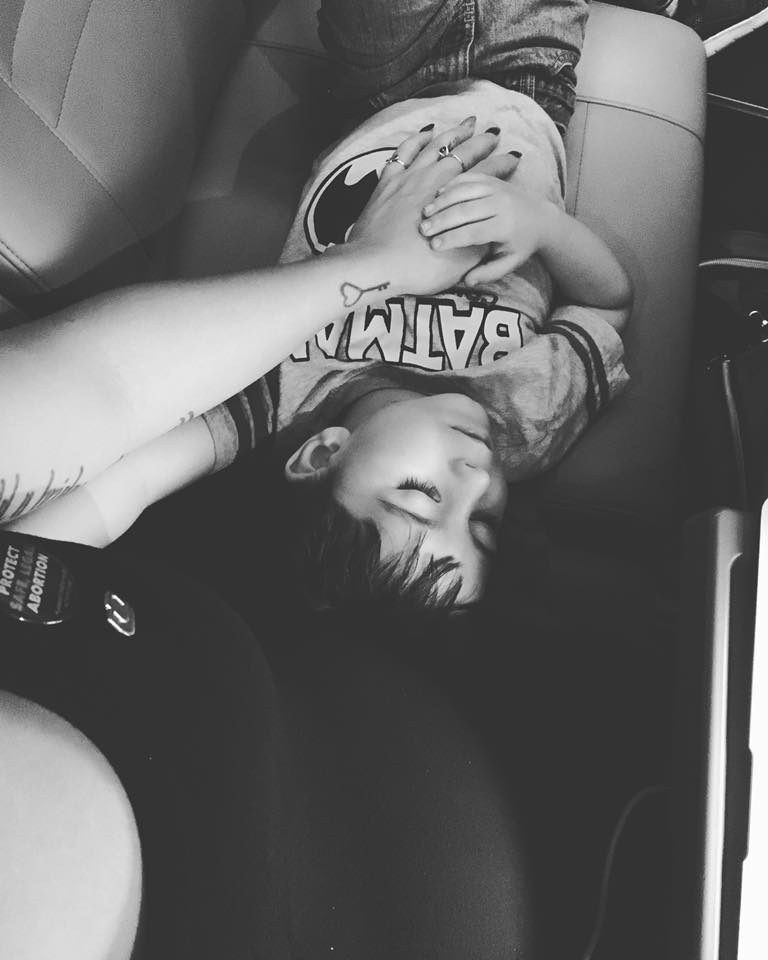
My son was 4, almost 5 when I sat him down to speak to him about abortion—specifically, my own.
As an infant, my son attended more than a few pro-choice rallies with me, usually while strapped to my chest and drooling as he slept. The news is on near-constantly inside our home—the background noise of our lives—and he's heard his mother and father talk politics at the dinner table.
But as he continued to grow I knew we would need to have a more formal discussion about abortion. He was familiar with the anatomically correct names for his body parts. We had already discussed consent multiple times over. He knew where babies come from, so I wanted him—at a young age—to understand what happens when a pregnancy doesn't result in a baby, too.
Our conversation was simple enough: I told my son that sometimes people get pregnant when they don't want to be. When that happens, oftentimes people will choose not to stay pregnant and, with the help of a doctor or medicine, they end their pregnancies on purpose.
I then told him about my abortion, and why abortion access made it possible for me to one day be his mom.
"Not every pregnancy will end with a baby," I told him. "And that's OK."
After a slight beat, he replied: "Makes sense. OK thanks mom, I'm going to go play!"
My son knows, without question, that the people who have abortions are people like his mom.
In the wake of the Dobbs decision, which overturned the constitutional right to access abortion care, entire generations are growing up without the right to full and complete bodily autonomy.
It's up to us, then, as the grownups in the room, to talk about abortion with young children, especially when the majority of people who have abortions are parents with at least one child at home. Studies have shown that media depictions of abortion are egregiously inaccurate, and even politicians who support abortion rights are often afraid to say the word out loud—it took Biden 468 days into his presidency to say "abortion."
And while some people may assume that a topic as "controversial" as abortion (the majority of Americans support access to abortion care) would be difficult for a child to understand, Dr. Jessica Zucker, a psychologist specializing in reproductive and maternal mental health, says the opposite is true.
"When something like abortion, or a miscarriage, or any other reproductive outcome is discussed with young kids in age-appropriate ways, they’re more than capable of comprehending the reality of reproduction," Zucker says. "And that reality is that it is unpredictable."
According to Zucker, every abortion conversation an adult has with a child "will be different based on their own family."
"But when an adult discusses the topic appropriately and is patient, empathic, and straightforward," she adds, "those conversations can be incredibly beneficial."

Steph Herold, 36, told her oldest child about abortion when the now 5-year-old was 4. Herold, who lives in New York and works in abortion-related research, had just given birth a year prior and says her son was "on a strong campaign to have another sibling."
"When I explained that the mama gets to decide if the baby keeps growing or not, he thought about that and seemed unfazed," she says. "He was, and still is, very much into being the one who decides what he does, when he does it, how he does it, so I think the idea of being in control of your body and deciding what happens with it made sense to him."
Herold says that after that first discussion she doesn't think "he totally got what abortion is or means," but adds that it's OK because her son is still little and she plans on having this conversation "over and over."
"Abortion encompasses so many of life's big issues and questions—love, sex, death, religion, power, family," she says. "All of those are complicated topics to talk about with adults, much less children, so I'm just hoping that it was the start of lifelong conversations about these issues, and an open door to discuss it all together."

Zucker says that discussing abortion with a young child can help to "eradicate the silence, stigma, shame and fear that surrounds this reproductive outcome." While the majority of people who've had an abortion say they felt relieved after terminating their pregnancy, and 95 percent say they do not regret their abortion even five years later, nearly two-thirds of abortion patients believe people will "look down on them" for ending their pregnancies.
"The child will know that they can come to you should they ever need to—a dialogue can be established and can be revisited at any time," Zucker explains. "These are all profound gifts to give a child, especially when they grow old enough to navigate and receive reproductive health care themselves."
Opening up an ongoing dialogue and fostering an environment of empathy and inclusivity was top of mind for Mallory McMaster, 37, when she talked to her now 6-year-old son about abortion.
"I'm an abortion activist, so abortion has always been part of our lives," McMaster, who lives in Ohio, says. "It's just something that he's used to hearing us talk about all the time. I take him to public events with me. He's marched in the Women's March with me. He's heard me speak publicly about my abortion."
McMaster says she had an abortion 10 years ago, before her son was born, and says terminating her pregnancy is why she is the healthy, present mom and business owner she is today.
"That shapes the way I talk to him about it," she adds. "I don't talk to him about it like it's a medical procedure or a political thing. I just tell him an abortion means a woman can decide if she does or does not want a baby and what she can do with her life. That's pretty much the extent of what he knows about it."

My son, now 9, will periodically ask about abortion, usually when he hears it being discussed on the news. We have had so many powerful conversations as a result of that initial "abortion talk"—from talks about consent and bodily autonomy to sex, periods, and menopause. And when I recently miscarried a wanted pregnancy, it was my son's understanding of abortion that made it much easier for him to comprehend pregnancy loss, too.
So while a post-Roe world, where nearly 21 million girls and women of reproductive age no longer have access to abortion care, is terrifying at best, I find solace in the fact that my son will grow up knowing abortion isn't a bad word. My son knows, without question, that the people who have abortions are people like his mom, and that for many of us it's because we had access to abortion care that we were able to start and expand our families.
"It's our job as parents to shape the worldview of our children, and if we want them to live in a world that is inclusive and welcoming then we need to build that world for them," McMaster tells me. "And it's such an honor to be able to share this sacred knowledge and pass it down to the next generation."







